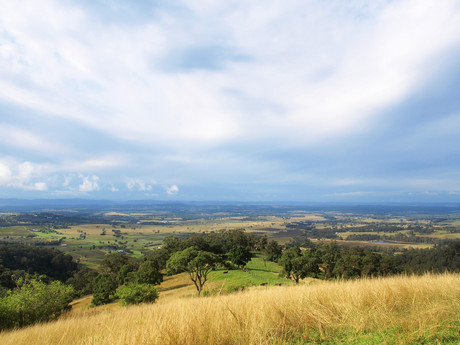ARENA announces funding for Hunter Valley biofuel facility

The Australian Renewable Energy Agency (ARENA) is providing $11.9 million in funding to assist Australian biofuel company Ethtec with the development and demonstration of its groundbreaking biofuel technology.
Ethtec has developed what is claimed to be an innovative and cost-effective approach to the production of bioethanol from a range of feedstocks typically identified as waste or low-value products, including those produced by the sugarcane, cotton and forestry industries. ARENA’s funding will help complete the company’s pilot demonstration plant, which will produce ethanol from a range of non-food waste plant matter left over from crop harvesting and forestry.
The $30 million facility will be located in the Hunter Valley, NSW, and is expected to produce 270,000 litres of biofuel per annum. The facility will also allow for additional improvements to the Ethtec technology and facilitate its broader rollout.
“Ethtec’s facility in the Hunter Valley will demonstrate a new and innovative process for the production of bioethanol, gaining pivotal research and development experience that will lead to the commercialisation of the process and position Australia as a leader in advanced biofuels,” said ARENA CEO Ivor Frischknecht.
“The global demand for biofuels is expected to triple by 2050, with most of the growth to be met by ethanol, so technological breakthroughs that make producing ethanol from waste more efficient is game changing,” he added. Indeed, demand for ethanol in Australia is expected to increase by approximately 500 million litres each year over the period to 2030.
Ethtec Chief Scientist Dr Russell Reeves said ARENA’s support is pivotal to the project, which has also secured $11.9 million in matching funding from leading industry partner Jiangsu Jintongling Fluid Machinery Technology. The facility will also partner with researchers from the Newcastle Institute for Energy and Resources at the University of Newcastle and receive support from Muswellbrook Shire Council.
“An ethanol fuel industry based on lignocellulosic biomass can significantly reduce greenhouse gas emissions from the transport and industrial sectors, create opportunities for regional and rural communities, make crop and forest production more economical and assist in land rehabilitation,” Dr Reeves said.
“With the support of the Australian Government, we are hoping to engineer a more cost-competitive process for producing ethanol that will make use of existing biomass materials and create a world-leading facility for advanced biofuels.”
Aula Energy expands solar portfolio
Aula Energy has acquired 1 GW of operational solar farms and a development pipeline of up to 800...
Community mistrust puts renewable energy rollout at risk
Australia's clean energy rollout is accelerating; however, delays persist across rural and...
NSW to exceed energy storage targets
The state government has awarded contracts for six new long‑duration battery projects to...








